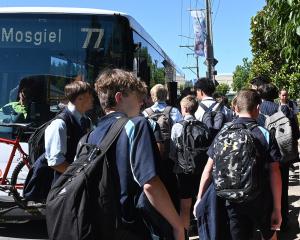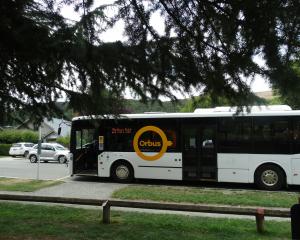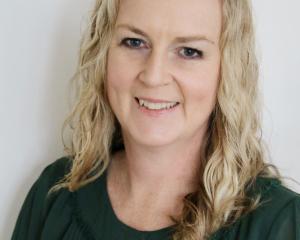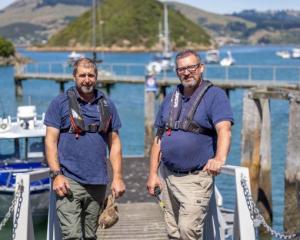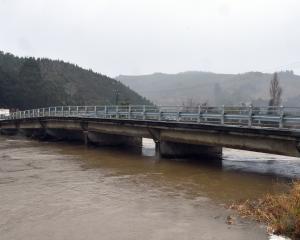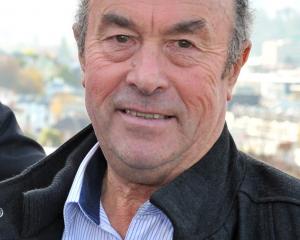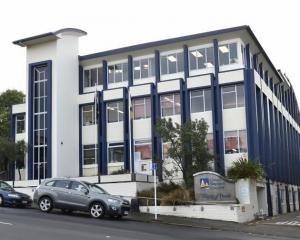New water-take measurement and reporting regulations should be seen as an "opportunity" rather than an impediment by Otago's mining privilege holders, Otago Regional Council resource management director Selva Selvarajah says.
New Resource Management Act regulations came into force this month for freshwater takes, requiring all water takes of or above five litres per second to be metered.
Water takes of more than 20 litres a second need to be metered within two years (2012), more than 10 litres a second within four years (2014) and more than five litres a second within six years (2016).
At a recent regulatory committee meeting, Dr Selvarajah said most water permits issued in the 1990s and mining privileges (deemed permits) had little or no water meter conditions, but the new regulations applied to all consumptive takes (five litres per second or above).
The council's database showed 522 permits had water takes above 20 litres per second.
While privilege holders might be annoyed by the extra regulation, they created many opportunities, he said.
"It's an opportunity rather than an impediment to mining privilege holders, so we need to encourage mining privilege holders to think of it as a positive step and work with us."
With data-loggers or telemetry, water users need not worry about manual recording or non-compliance with regular manual recording, Dr Selvarajah said.
As mining privileges were due to expire in 10 years, the metering would enable them to have a record of their takes for when they needed to transfer to a Resource Management Act consent.
Most mining privileges were channel takes rather than pipe takes and channel water-flow meters were difficult to deal with and not in wide use in New Zealand at farm scale, he said.
"Given the technical complexity ... and short time-frame required for water or deemed permit holders to comply with regulations, council needs to initiate the co-ordination of advice as soon as possible."
Council staff would organise site demonstrations, including monitoring of channel-flow takes.
Cr David Shepherd said it was an opportunity for the regional council to show leadership and recognise the regulations were being imposed on water permit holders.
It was a good opportunity for water-take holders to get together to organise someone to supply them with the right technology to keep costs down.
Chairman Stephen Woodhead said there would be challenges as some water takes were "kilometres from anywhere" with no access to power.
In other places, accessibility issues would arise in winter, Cr Louise Croot said.
Cr Duncan Butcher said "practicality" was needed to locate water meters appropriately given those issues.
The committee agreed to hold a series of advisory meetings for water users affected by the new regulations, at selected sites.
It approved recommendations to assess which catchments and aquifers in the region required telemetry to comply with the new regulations; to require either data-loggers or telemetry with all new and existing permits; to develop a procedure for water meter location deviation; and to co-ordinate advice on channel-flow measurement.


